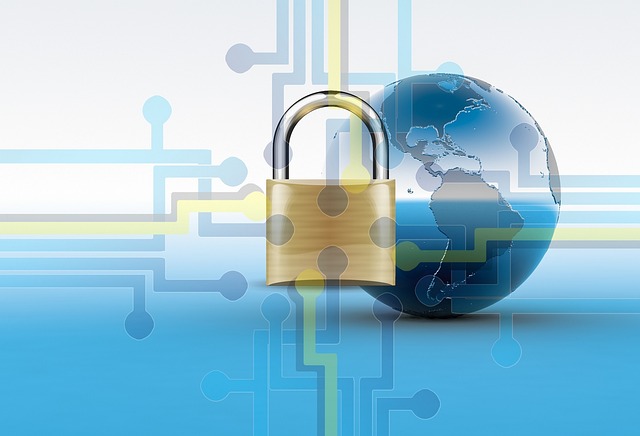In an era where social media has permeated every aspect of our lives, the implications of security and data protection have become increasingly significant. With billions of users sharing personal information online, understanding the role of security protocols is essential in safeguarding our digital identities. Social media allows for a profound connection among individuals, but it also poses serious vulnerabilities that can lead to data breaches and identity theft.
The impact of social media is undeniable. It facilitates communication and interaction that was previously unimaginable, enabling users to forge relationships, share milestones, and express varying opinions. However, this interconnectedness comes with fears and risks regarding privacy. Each post, photograph, and check-in can reveal personal information that malicious entities could exploit if not adequately protected by robust security protocols.
As users, we often underestimate the information we share and who has access to it. Whether it’s a seemingly innocent selfie or a simple status update, unsuspecting individuals may be putting themselves at risk. Thus, understanding the various security protocols implemented by platforms is crucial for anyone looking to navigate the world of social media without compromising their security.
Social media companies have recognized the importance of implementing stringent security protocols to protect user data. From end-to-end encryption to two-factor authentication, these measures are designed to safeguard our information from unauthorized access. For instance, when using messaging applications that employ end-to-end encryption, such as WhatsApp, users can rest assured knowing that only the sender and recipient can read the messages. This makes it significantly more difficult for hackers to eavesdrop on conversations.
Another rising trend is the incorporation of artificial intelligence in identifying suspicious activities on social media accounts. These AI-driven security protocols can alert users to potential hacking attempts or unusual login behavior, allowing them to take preventive measures swiftly. However, while technology evolves, so do the tactics of cybercriminals. Therefore, individuals must remain vigilant and educated on best practices for protecting their accounts.
Moreover, users can further enhance their security by adopting personal security protocols. Creating complex and unique passwords, regularly updating them, and being discerning about friend requests can mitigate risks. Engaging in regular audits of privacy settings is essential; this includes ensuring that only trusted individuals can view personal information. These small yet significant actions can create a layered defense against potential threats.
In conclusion, while social media has revolutionized connectivity and information sharing, it has also introduced new complexities surrounding data protection. Implementing robust security protocols is imperative not only for platform providers but also for users who should prioritize the safety of their online personas. By understanding the tools at our disposal and applying proactive strategies, we can cultivate a safer online environment that allows us to enjoy social media without compromising our privacy.




